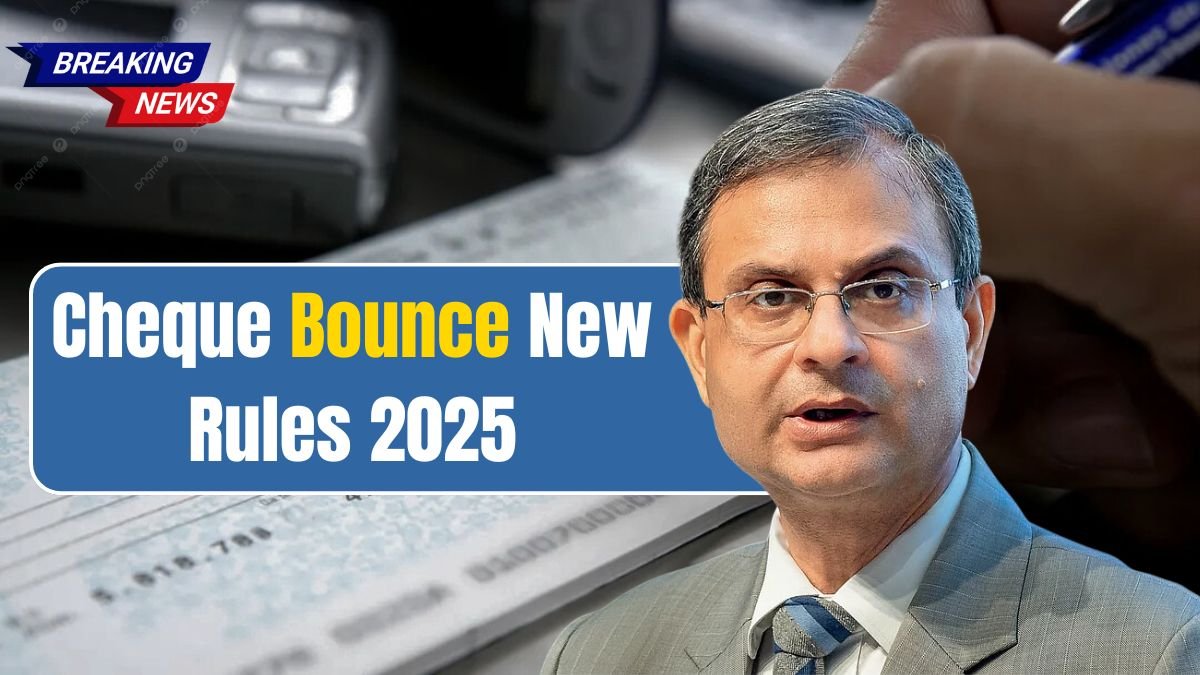RBI announced new cheque bounce rules in 2025 to cut down on frauds and promote orderly financial practices. As cheques are used often in India, the new guidelines are designed to address tougher penalties, quicker troubleshooting and greater security. Regardless of if you are a business or an individual, knowing about these changes helps you avoid facing legal troubles and financial trouble.
Tougher Penalties for Defaulters
As now, if someone intentionally bounces a cheque, they may be sentenced to up to two years in jail, a change from the previous limit of one year. In addition, defaulters may have to pay a fine that is twice as high as the cheque amount, making people accountable for how they spend their money. No penalties will be given if a cheque bounces because of technical or banking problems.
Faster Complaint Resolution
The RBI has established a digital way for cheque bounce victims to complain about their issue online, helping to make the process simpler. A longer period for submitting complaints now allows those affected more time to pursue legal remedies. If a cheque dishonors, banks must tell the customer by SMS and email within 24 hours.
Positive Pay System for High-Value Cheques
Issuers must use the Positive Pay System (PPS) for cheques over ₹5 lakh, so that banks only clear them after confirming the provided details. Because of this measure, any fake checks can be caught by verifying that the information on the check agrees with that found in the pre-submission records. Now, banks have set the minimum PPS limit at ₹2 lakh, so more people can use it.
Account Freezing for Repeat Offenders
To help protect banks from habitual cheque bouncing, they may now temporarily block an account after three consecutive bounces. The goal of this rule is to make sure account holders use cheques in a responsible way.
Conclusion
Starting in 2025, Cheque Bounce New Rules will impose harsher penalties, make it easier to deal with complaints and boost banking safety. The new rules with tougher fines, digital filing of complaints and required PPS for major cheques encourage people to spend more wisely and be more open. Understanding these updates allows people and companies to stay out of trouble with the law and enjoy smooth transactions.



